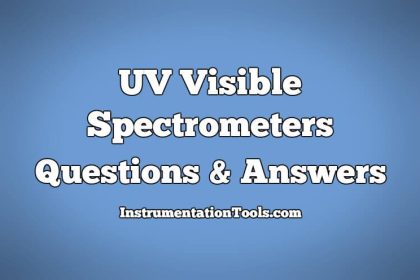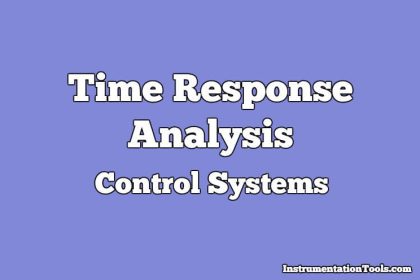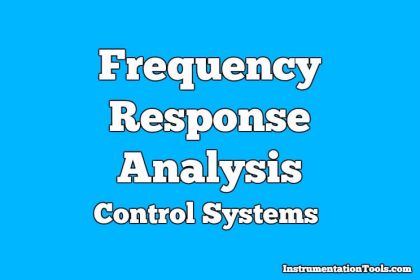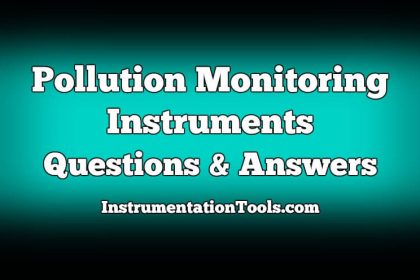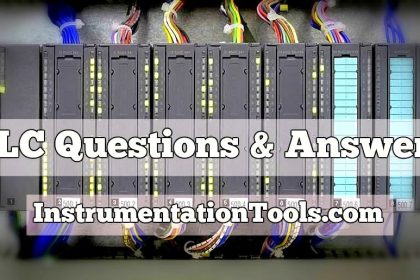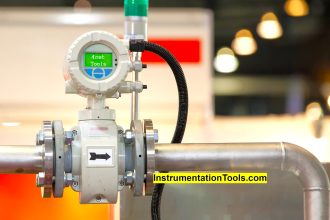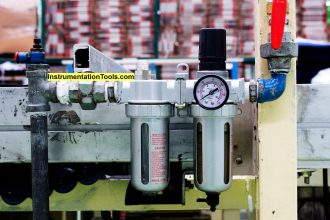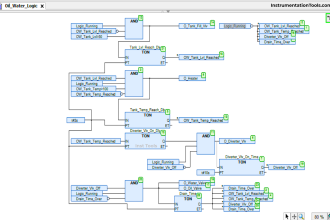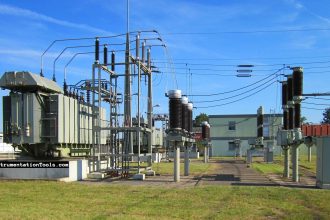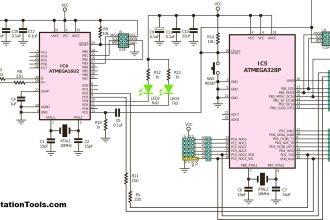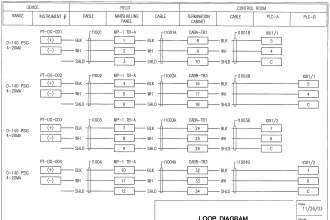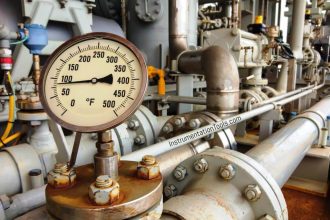Linearizing Effect & Regenerative Feedback
1. The effect of adding feedback makes the system__________
a) Linear
b) Non-linear
c) Time variant
d) Time invariant
Answer: a
Explanation: Consider the single loop system with forward path transfer function as the square function then the response generated is nonlinear if system is open loop but will be approximately linear if closed loop.
2. The relation between output response and input signal in closed loop system is :
a) Exponential
b) Parabolic
c) Linear
d) Nonlinear
Answer: c
Explanation: Due to the linearizing effect of the feedback the relation between output response and the input signal in closed loop system is linear.
3. Assertion (A): Practical systems must be closed loop system.
Reason (R): This is due to the fact that closed loop systems are least affected by parameter variations, stable, higher bandwidth, linear and more speed of response.
a) Both A and R are true and R is the correct explanation of A.
b) Both A and R are true but R is not the correct explanation of A.
c) A is true but R is false.
d) A is false but R is true.
Answer: a
Explanation: Practically systems used must be linear to avoid error, ease of calibration and also to get accurate results but the systems used are non-linear to avoid the error due to the linearity they are approximated.
4. Regenerative feedback is also called as_________________
a) Negative feedback
b) Positive feedback
c) No feedback
d) Negative and Positive Feedback
Answer: b
Explanation: As the name implies that is regenerates the oscillations hence by name it can be positive.
5. Which of the following are the characteristics of regenerative feedback:
a) Zero damping
b) Stable
c) Least sensitive to parameter variations
d) None of the mentioned
Answer: a
Explanation: Output response is slow and sluggish and transient time is more due to the oscillations.
6. Which of the following are true:
a) Sensitivity of regenerative feedback is more than negative feedback but less than non-feedback system
b) Sensitivity of regenerative feedback is more non-feedback system but less than negative feedback system
c) Sensitivity of regenerative feedback is less than both
d) Sensitivity of regenerative feedback is more than both
Answer: c
Explanation: Sensitivity of the positive feedback system is even more than non-feedback system and it is more by a factor of 1/1-GH.
7. Loop gain provided by the regenerative feedback makes the closed loop transfer function insensitive to G(s).
a) True
b) False
Answer: a
Explanation: As if the positive feedback loop gain is nearly considered to be unity then transfer function becomes insensitive to G(s).
8. Which of the following statements is correct for any closed loop system?
a) All the co-efficient can have zero value
b) All the co-efficient are always non-zero
c) Only one of the static error co-efficient has a finite non-zero value
d) None of the mentioned
Answer: c
Explanation: Closed loop systems are the systems with positive and negative feedback and for standard test signals error constants are defined and for one of the inputs one of the static error co-efficient has a finite non-zero value.


